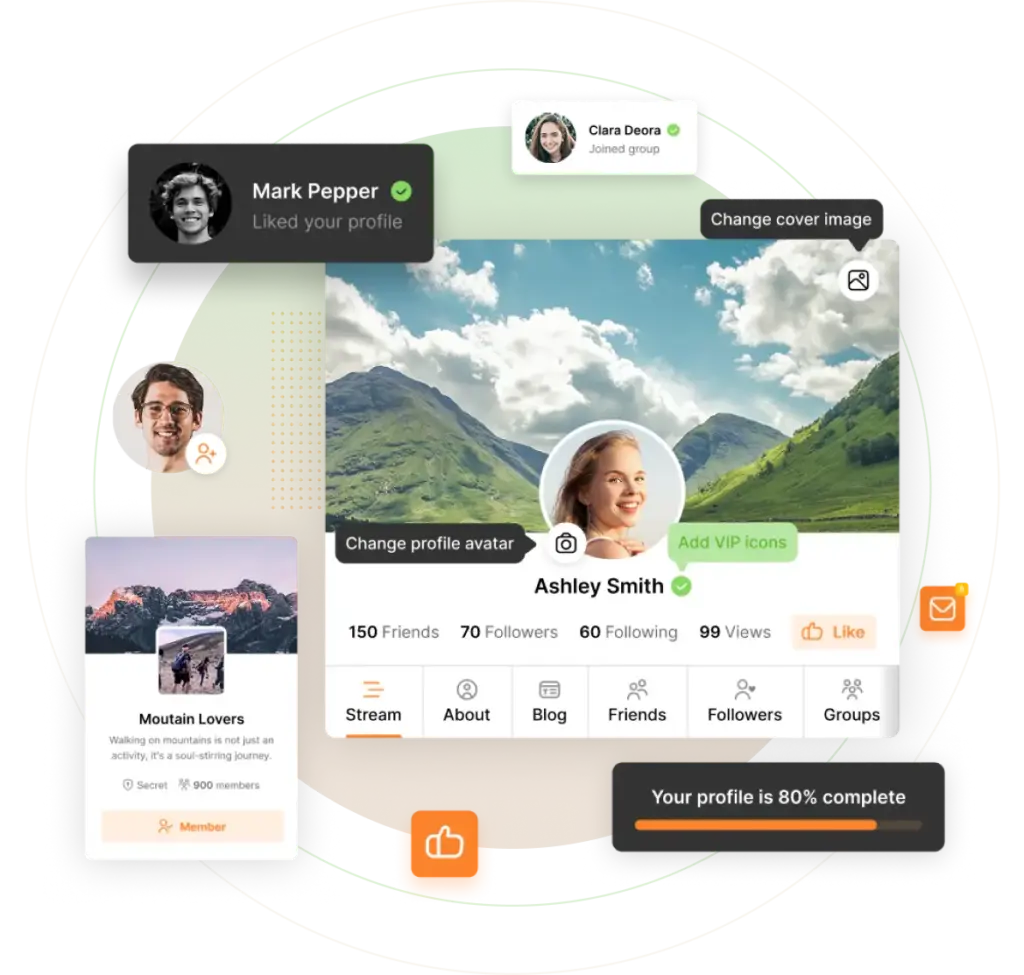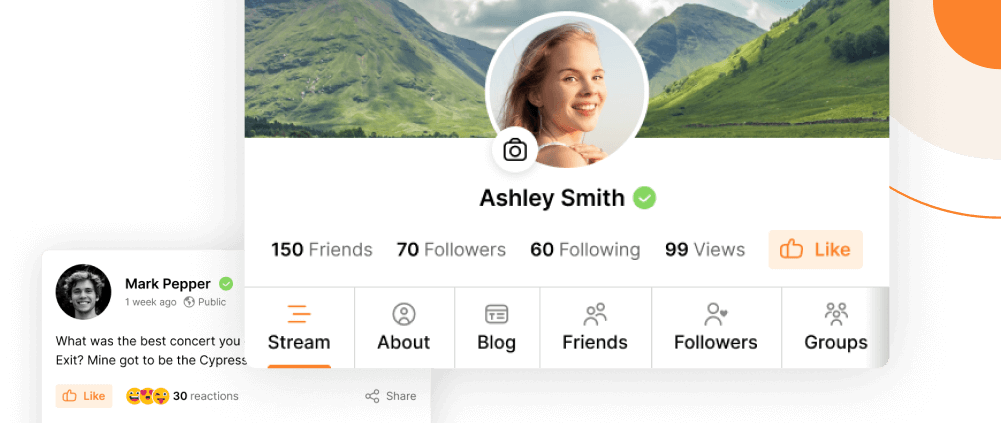There’s a wide variety of reasons why people might want to start their own social network; privacy is a dominant one. Whatever you’re interested in keeping safe, from your children to data about how you use the internet, smaller social networks can be a very appealing option. Here’s three popular private social networks, to show you just how viable they can be in today’s market, and some of the ways you can utilize plugins like PeepSo.
1. Nextdoor
While Facebook’s Groups feature may be a popular tool for buying and selling within local communities, it does have its drawbacks. You can’t always be sure that the people who have joined really are from your community, and people aren’t always keen to hand out their phone number or post about an event at their house in such a public space.
Enter Nextdoor: a social network where you have to show proof of address, or send back a postcard sent to your house to prove that you really are part of the community circle you’re trying to join. Information is never shared with third party advertisers, and it won’t show up in Google.
It’s already been used to help reduce crime rates by functioning as an online neighbourhood watch group (local authorities are encouraged to join), and people are utilising it for everything from community notices to getting to know the locals when they’re new to an area.
If you think this is something your community could benefit from, it’s worth considering attaching a brand new social network to an existing community website; making it easy to find, and completely owned by the community.
2. Notabli
There’s several social networking apps marketed to parents, but Notabli is well, notable. It’s got a clean, simple interface, you can share past moments from other social networks (bringing everything into one place), and it’s got an impressively wide range of features. You can organise your posts by kid, date and location; the app is private by default, with the option to share your content with other users and add a second parent to your account. Everything you post is owned by you. It’s the sheer attention to detail that makes this app stand out.
Parents can have a huge amount of trouble trying to negotiate just how much of their child’s life to share online. A simple Facebook post can cause all kinds of trouble, from digital kidnapping to actual kidnapping. Private social networks nip most of these problems in the bud, by ensuring only the people who you want to see content about your child have access to it.
3. Minds
Minds exists because people are dissatisfied with how much information and money they have to hand over to Facebook. The site features complete end to end message encryption, and you can’t buy advertising; you have to earn it, through engagement with other posts on the network. As the project is open source, anyone can check the source code to ensure that no data is being handed over to advertisers – keeping them accountable. It may seem like it’s flying under the radar, but they already have well over a million users.
With Facebook Zero closing in, social networks like Minds are becoming more and more appealing to small businesses who just can’t afford to have Facebook constantly charging their credit card. Their transparency is also hugely appealing, given how vague the major social networks are about how much of your information they sell (as the saying goes, if you aren’t paying, you are the product).




Reactions & comments
Comments